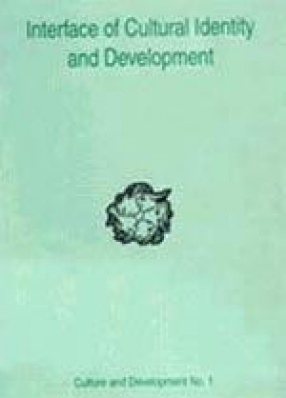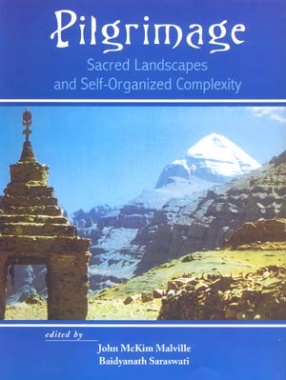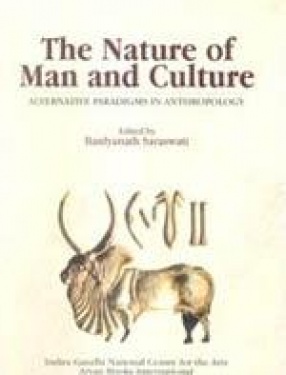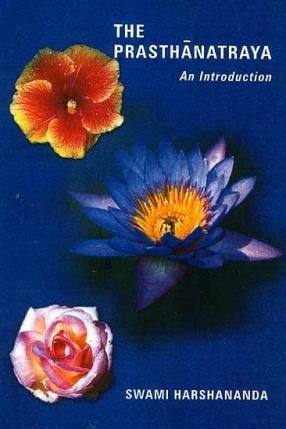From the post-World War II decolonization to about mid-1980s, mainstream development thinking has focussed on ‘economics’, on the one-dimensional abstraction of homo economicus, to the exclusion of all else: specially the socio-cultural context in which development might take place. This divorce of ‘development’ from ‘culture’, however, was "poor economics" – a hard fact, which the international community has come to discover gradually, experientially. The United Nations too was not found wanting in its shared concern for culture. On 21 January 1988, it launched – under the aegis of Unesco – "The World Decade for Cultural Development" in its effort to chiefly (a) strengthen awareness of cultural dimension of development, and (b) enrich cultural identities the world over. In the Indian capital, the Indira Gandhi National Centrel for the Arts (IGNCA) has initiated a multidisciplinary discourse on development issues vis-a-vis the whole range of cultural variables and definitions. Which its newly-introduced series : Culture and Development proposes to cover in entirety. This inaugural volume, thematically focussing on "Interface of Cultural Identity and Development", comprises 23 presentations of a Unesco-sponsored meeting of experts:19-23 April 1993 at IGNCA, New Delhi. Highlighting the basic distinctions that exist between anthropocentric and cosmocentric approaches to the question of cultural identity and development, the authors reflect on what constitutes culture and development not per se, but as an integral holistic notion of culture and lifestyle, culture and development, culture and region, culture and linguistic/ecological identities, and how some of the viable alternative development paradigms could be evolved from the convergence of mystical ancient insights and modern science. Authored by eminent anthropologists, sociologists, scientists and other area-specialists from Australia, Bangladesh, India, Indonesia, Iran, Mongolia, Nepal, Sri Lanka, Thailand and Turkey, the papers here not only consider diverse theoretical issues of cultural identity and development, but also set out case studies in different field situations.
Interface of Cultural Indentity and Development
In stock
Free & Quick Delivery Worldwide
reviews
Bibliographic information
Title
Interface of Cultural Indentity and Development
Author
Edition
1st ed.
Publisher
ISBN
8124600546
Length
xxi+290p., 25cm.
Subjects








There are no reviews yet.